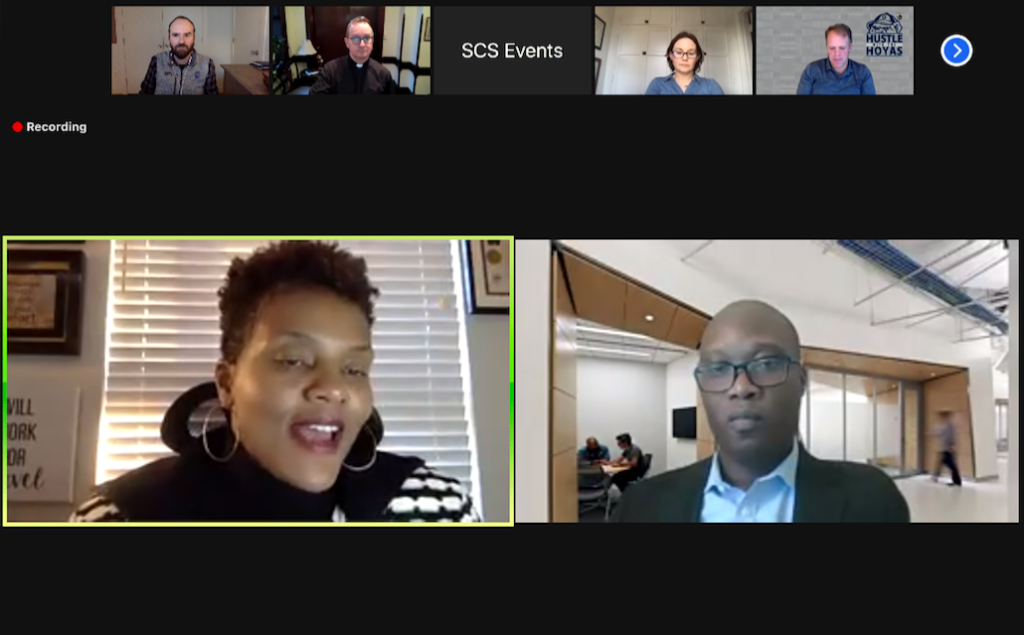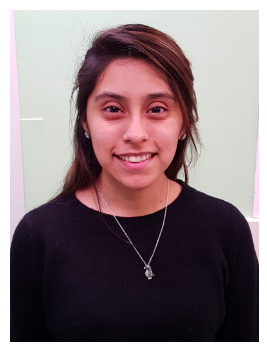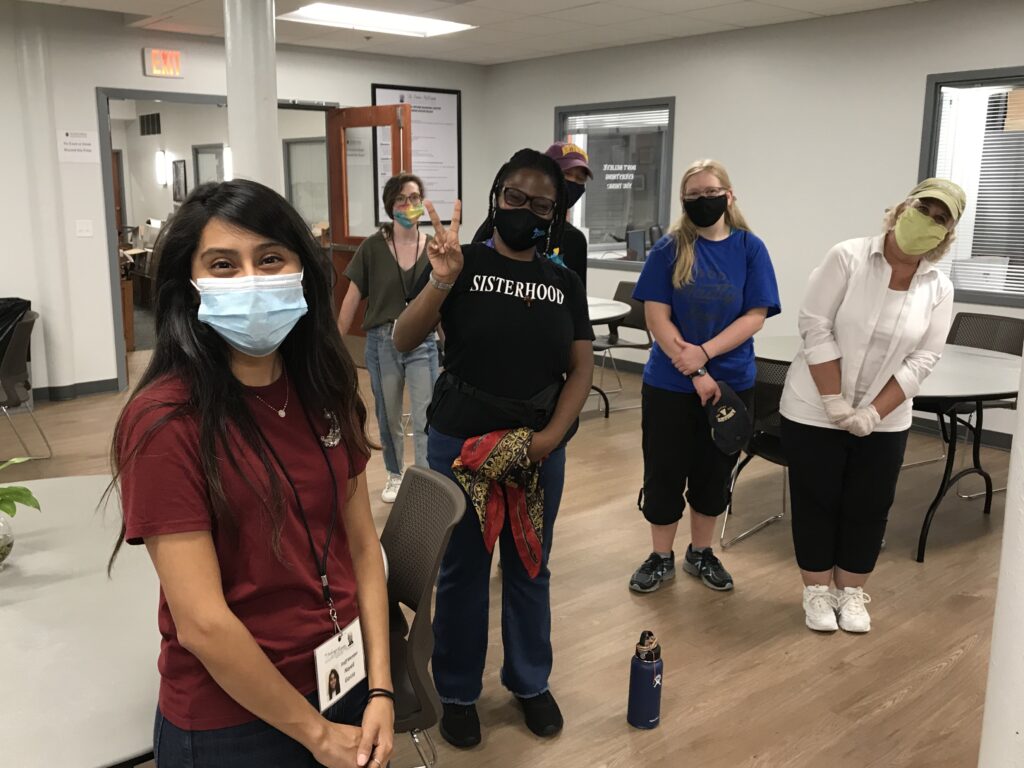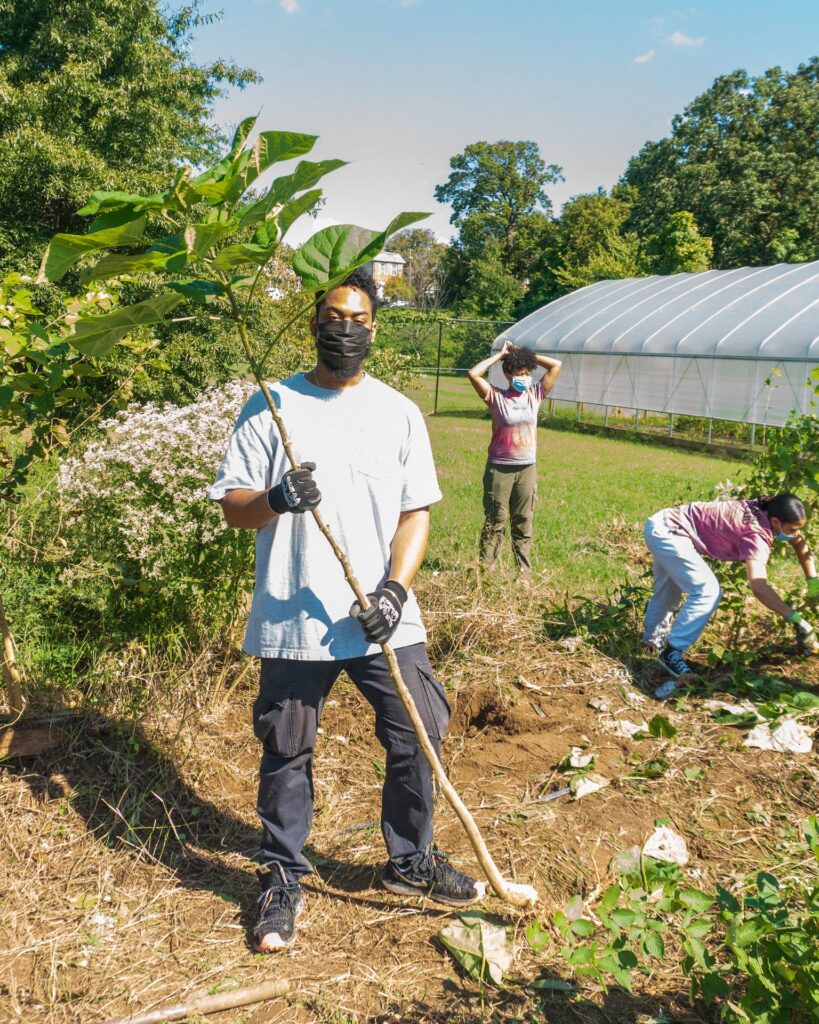Shenita Ray, SCS Vice Dean for Education and Faculty Affairs, invited the school’s faculty to a special session last week on “Teaching for Mission: Suggestions for Incorporating Georgetown’s Jesuit Values in Your Virtual Courses” (a recording of the session is available here). The event provided an opportunity on the eve of the new semester to reflect on the pedagogical significance of the Jesuit values at the heart of the Spirit of Georgetown and offer the values-based framework as a critically important teaching resource for these virtual times.

Some faculty members are interested in these values but might not know where to begin the journey of incorporating Jesuit principles into their teaching. Others might assume that this invitation requires a particular religious background. There is no prerequisite for accepting this invitation other than a sincere and intentional commitment to make the values come alive in a way that honors the unique contexts of the faculty member, her students, and her specific discipline or industry.
Organized as a panel, the session sought to address faculty interest by introducing the Spirit of Georgetown as a pedagogical framework, reviewing the many teaching support resources that SCS has developed, and offering reflections from SCS faculty leaders on their own experience of bringing Jesuit values into course design and teaching.
Fr. Mark Bosco SJ, Vice President for Mission and Ministry, led off the presentation by putting the Spirit of Georgetown into context. In addition to summarizing the unique difference of an education rooted in the Catholic and Jesuit traditions, Fr. Bosco walked through each value and explained the potential implications for teaching. The value of People for Others, for example, invites faculty to address a “provocative challenge” that our learning “must engage the struggle for justice to protect the needs of the most vulnerable and the most marginalized of society.” There are resources across the university, like the Center for Social Justice, that are available to faculty desiring material about how to cultivate students’ commitments to service and solidarity. Similar connections to on-campus and off-campus resources apply for each of the values.

I followed by providing a bridge between these high-level values that we aspire to as a university community and the specific ways that SCS has created pathways, through information and tools, for faculty to apply Jesuit values in their teaching. These resources include an innovative strategies guide for online and on-campus courses as well as an instructional continuity framework intended to encourage the use of Jesuit pedagogical strategies as a way to support community values. In addition to these resources, I shared suggestions for how faculty can use digital tools to make space in their classrooms for students to share openly about challenging feelings–especially because of intersecting and overlapping crises of global pandemic, racial injustice, and increasing social and political polarization.
The session concluded with personal testimony from two SCS faculty directors, Erinn Tucker and Ifedapo Adeleye, who shared examples of how they have appropriated Jesuit values into their work. Dr. Tucker, faculty director for the Global Hospitality Leadership program, presented on the way that she uses a reflection journal throughout a course to foster students’ deeper, interior engagement with the course material. And she shared how People for Others is a central theme of her classes, drawing an important connection between Jesuit values and a holistic understanding of hospitality. Dr. Adeleye, faculty director for the Human Resources Management program, offered examples of how the program’s curriculum puts students directly in touch with real-world clients faced with significant human resources challenges. When done well, client-facing opportunities within coursework encourage students, Dr. Adeleye observed, not only to develop necessary professional skills but also to develop their own values and mission in the world.
Every faculty member at SCS, representing every discipline and professional industry, is invited into deeper engagement with our university’s founding principles and values. If you would like to explore the Jesuit values and their relationship to your teaching, please reach out to Jamie Kralovec, SCS Associate Director for Mission Integration, at pjk34@georgetown.edu.






